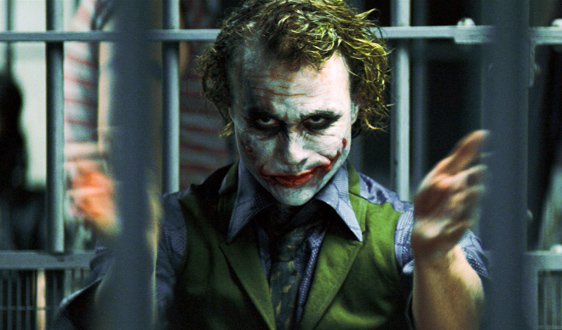Changing Faces, the UK’s leading charity helping people with visible differences, launched the #IAmNotYourVillain campaign to change the portrayal of people with scars. The charity aims to provide people with body confidence, support and opportunities, and to create a positive representation of people with facial scarring, thus lowering the levels of hate crime and bullying.
The British Film Institute has responded by refusing funding for projects which have a villain with facial scarring. Furthermore, the Institute’s Diversity Standards criteria aims to create a fair representation of different groups, including those affected by a disability. However, out of four standard areas set out by the criteria, only two have to be met in order to receive funding. This means that recognition and representation of specific groups set out by Standard A: On Screen Representation, Themes and Narratives do not have to be met, in order to receive funding.
Nonetheless, the British Film Institute has provided funding for Sacha Polak’s new drama Dirty God, which tells the story of a young victim of an acid attack who rebuilds her life in South London. Significantly, the main character is portrayed by Vicky Knight, a real-life burn survivor. This not only increases the representation of people with facial scarring, but also expands their opportunities in the film industry.
The representation of scarred characters should not disappear from films but rather increase; however, we must ask if these scars have a meaning. Could a character not simply exist without their scarring having any significant influence on the plot? Some stories have successfully portrayed facial scarring positively; most notably the Harry Potter franchise, whose protagonist’s lightning-shaped mark is associated with his character: the brave boy destined to save the world. However, this is not enough, especially in a country which made 211 feature films in 2017 alone (British Film Institute statistics).
The campaign has taken a clever approach by focusing on a medium which has such a large influence on society. According to the Changing Faces charity, just less than a third of children state that they would befriend a child with a visible difference. Representation in film is one approach we could take to change this statistic. From a very young age, children are shown in films that those with scars are evil and untrustworthy and that their face reflects the villainy inside them. Take Scar from The Lion King for example, his imperfect character is exemplified through his physical flaw. Mufasa, in contrast, is portrayed as a brave king, who is handsome and unblemished even though he is the one responsible for protecting the kingdom. In this sense, the audience is conditioned to believe that only bad characters get battle scars, and that the heroes come out flawless.
Following the movement to increase ethnic representation in films, the British Film Institute is hoping to become the catalyst for further change. However, as we have seen from the eurocentric productions which still dominate Hollywood, it will probably take many years until equal representation is achieved and scars are no longer associated with villains.
Karolina Glasek
Image credit: Warner Bros Studios / The Telegraph

